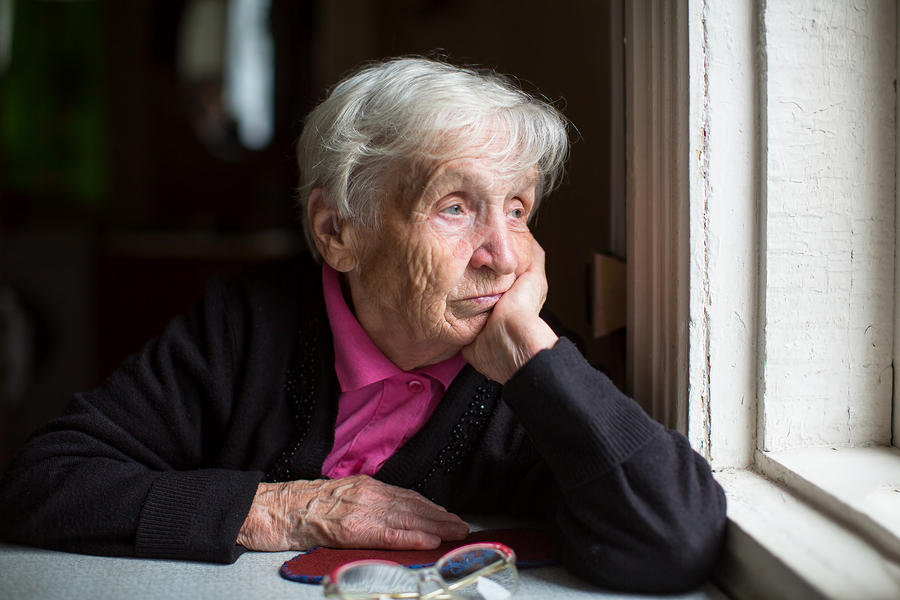Nursing homes evictions seem like they should be rare, but in fact they are on the rise. It is tragic that nursing homes are kicking our loved ones to the curb, but unfortunately this is becoming more common. Some of these evictions may be wrongful or out of the control of the elderly residents. Evicted elders without a family to support them can end up in homeless shelters. The rising rates of eviction complaints has caused federal regulators to keep a closer eye on those cases; but it is important for residents and their families to know their rights.
Why Eviction Rates are Rising
One reason eviction rates are rising might be for profit. When Medicare coverage ends for elderly residents, it may take some time for Medicaid coverage to kick in. During this time, some nursing homes choose to kick a resident out rather than lose profits. Most nursing homes are run by for-profit agencies, and an elder who cannot pay immediately may seem like a loss in profits to such an establishment. Medicare pays for nursing home care at a higher rate than Medicaid, but for a shorter time period. A nursing home is not allowed to kick a resident out during this lapse in funds, but many of these regulations aren’t enforced.
Government regulations for how a nursing home can treat, care for, and deal with residents have recently been loosened. Many lawyers in the elder care field agree that these laws needed more enforcement, rather than more leniency. This weakening of regulations loosens the leash on fines issued by Medicare to nursing homes violating the law. In 2013, about 2 out of 5 nursing homes were cited to be violating laws in more than one case. Only about ⅔ of those nursing homes were fined.
Know Your Rights
In the event that your loved one is told that they are being evicted from their nursing home, it is important that you are aware of their rights, and whether the eviction seems lawful. Many residents do not realize that they have the ability to refute or challenge the eviction.
Nursing homes are also supposed to have a statement posted stating that they will take any complaints formally. They are also supposed to keep contact information for advocacy groups, the local ombudsman, state agencies, adult protective services, etc.
If the eviction will be taking place, the resident, their advocate/guardian, and the local ombudsman should be notified 30 days prior. A nursing home can not evict a resident during the lapse in payments between Medicare and Medicaid.
If the nursing home is unable to provide proper care for the resident, they must state that is the reason for the eviction. They are also required to list the ways they attempted to provide the proper service.
Any resident may appeal the eviction notice. During the time of the appeal process, the resident can not be transferred or discharged by the home.
Speak With Your Elder Law Attorney
Nursing home laws can operate on local, state, and federal levels. To explore the full extent of your rights and options, speak with your Elder Law attorney to discuss the plan that is best for your family.
For more than 40 years, our firm has been assisting people like you with long term care and estate planning needs. We bring you the knowledge and resources to protect you and your family. Armstrong & Lamberti, PLLC do not provide tax, legal, or accounting advice by articles. This material has been prepared for informational purposes only and is not intended to provide, and should not be relied on for, tax, legal or accounting advice. Call 718.477.7700 or contact us online to schedule a free initial consultation with an estate planning attorney at Armstrong & Lamberti, PLLC. We proudly serve Staten Island, Brooklyn and the other boroughs of New York City.

